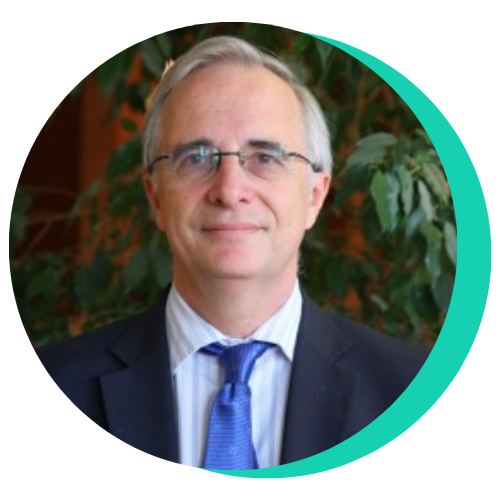Keynote Speakers

Prof. Carlos Delgado Kloos
Universidad Carlos III de
Madrid, Spain
Carlos Delgado Kloos received the Ph.D. degree in Computer Science from the Technische Universität München and in Telecommunications Engineering from the Universidad Politécnica de Madrid. He is Full Professor of Telematics Engineering at Universidad Carlos III de Madrid, where he is also the Director of the GAST research group and Director of the UNESCO Chair on “Scalable Digital Education for All”. He has been Rector’s Delegate for Digital Microcredentials, Vice Rector for Strategy and Digital Education, Vice Rector for Infrastructures and Environment, Associate Vice Rector for International Relations and Cooperation, and Founding Head of his Department. He has carried out research stays at several universities such as Harvard, MIT, Munich, Passau, and Naples.

Prof. Marcus Specht
Technical University of Delft, Netherlands
Prof. Dr. Marcus Specht is Professor for Digital Education at the Technical University of Delft and Director of the Leiden-Delft-Erasmus Center for Education and Learning. He received his Diploma in Psychology in 1995 and a Dissertation from the University of Trier in 1998 on adaptive information technology. From 2001 he headed the department “Mobile Knowledge” at the Fraunhofer Institute for Applied Information Technology (FIT). From 2005 to 2018 he was Professor for Learning Technologies at the Open Universiteit Nederland and head of the Learning Innovation Lab. His research focus is on Computational Thinking, Learning Analytics, AI in Education, and Virtual and Augmented Reality for Education. Prof. Specht is an Apple Distinguished Educator and was President (2013-2015) of the International Association of Mobile Learning.